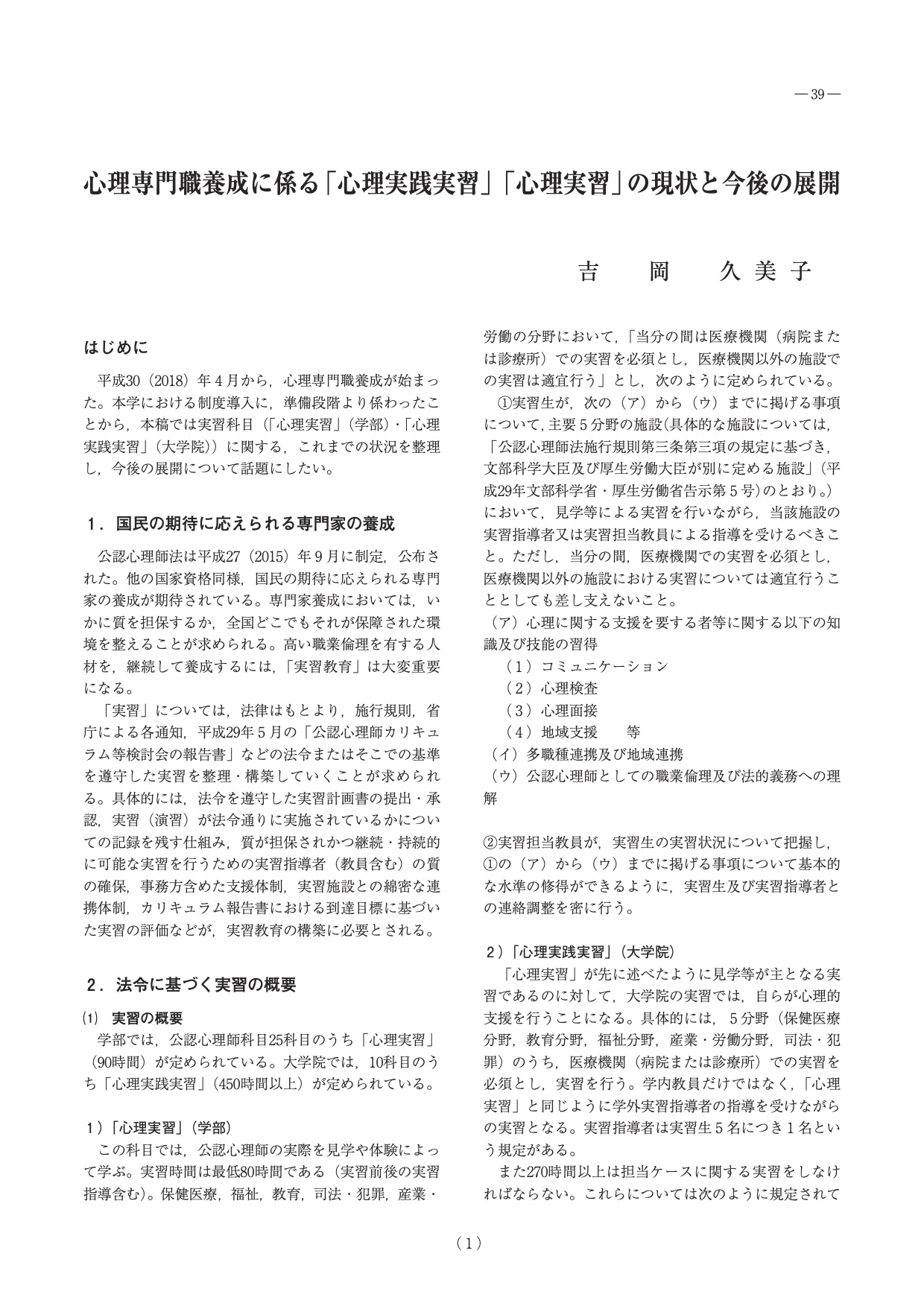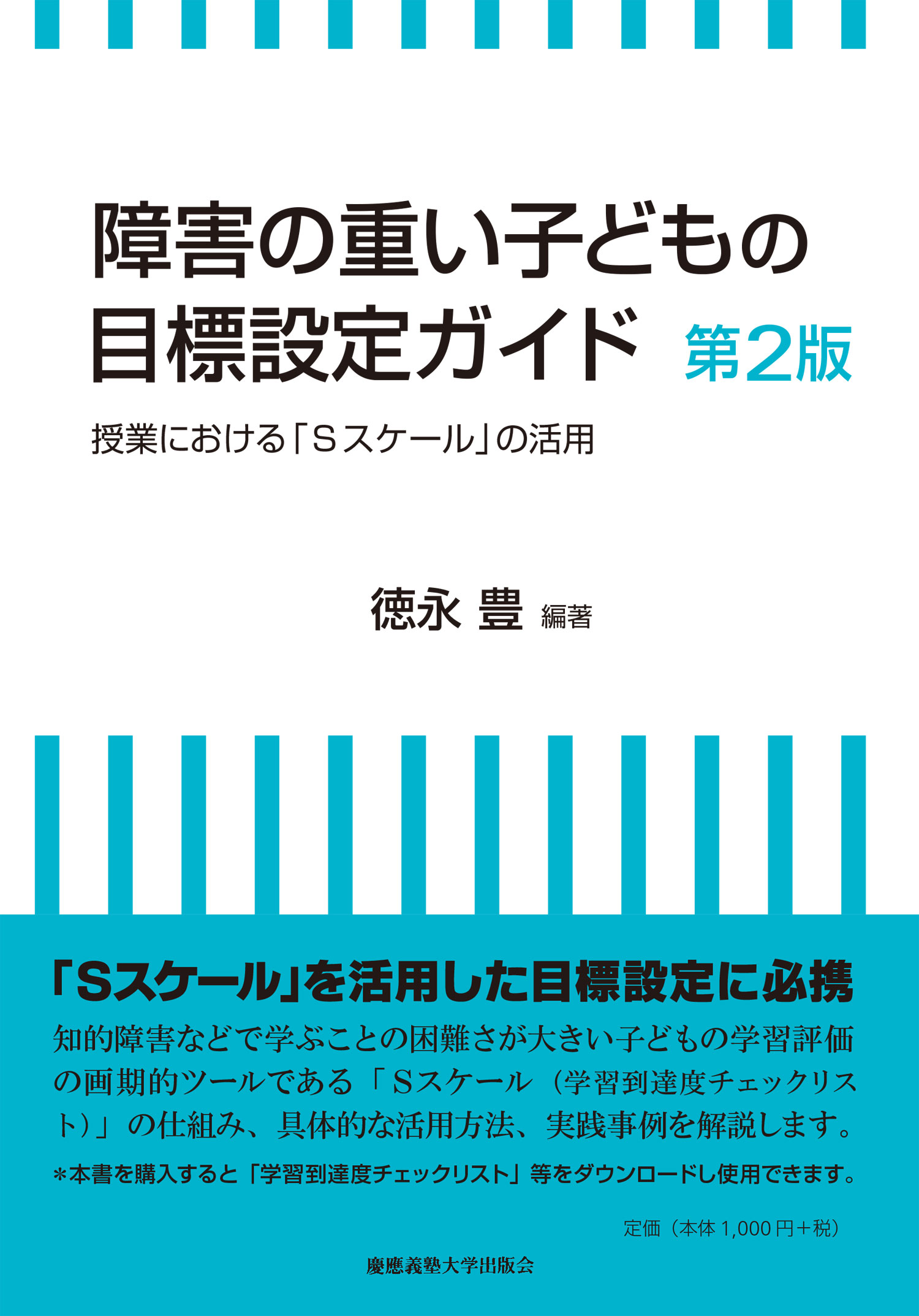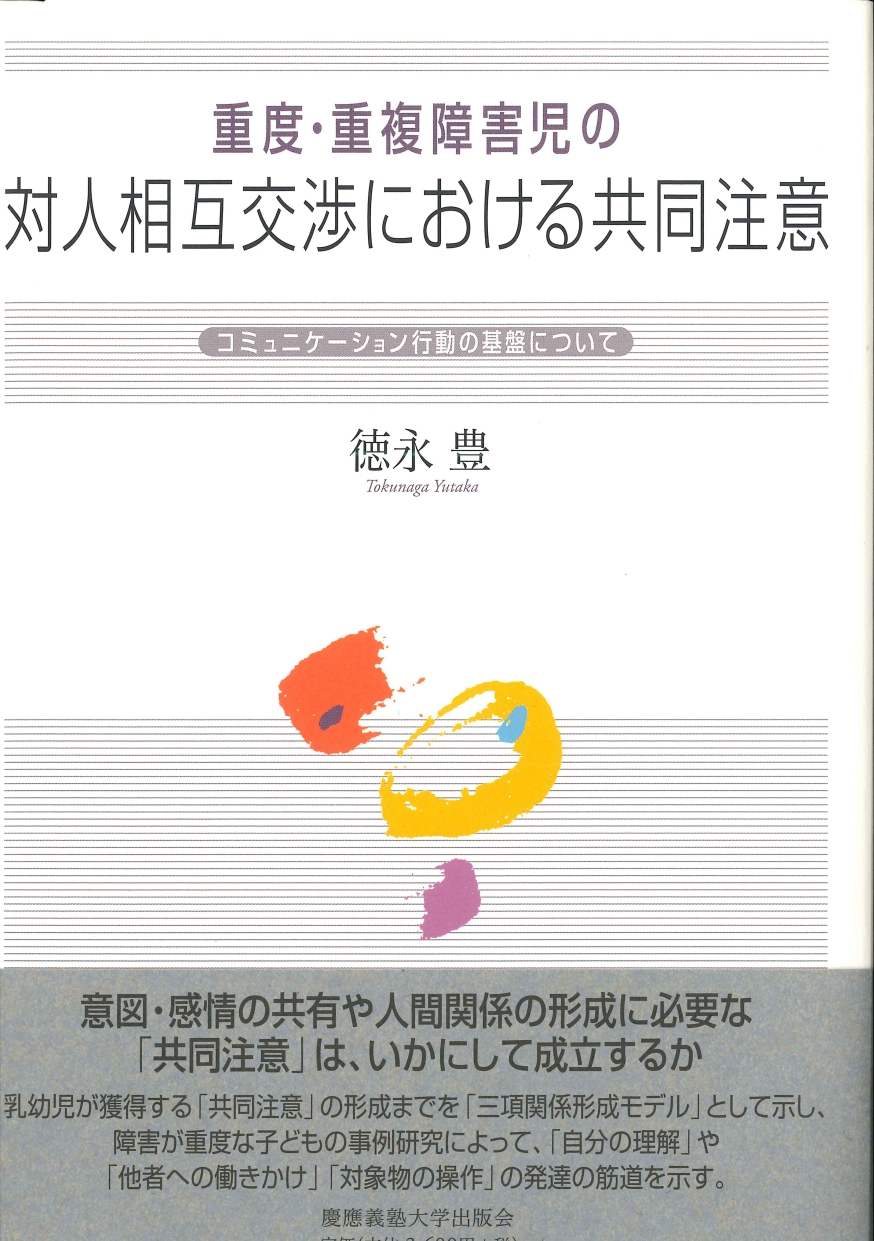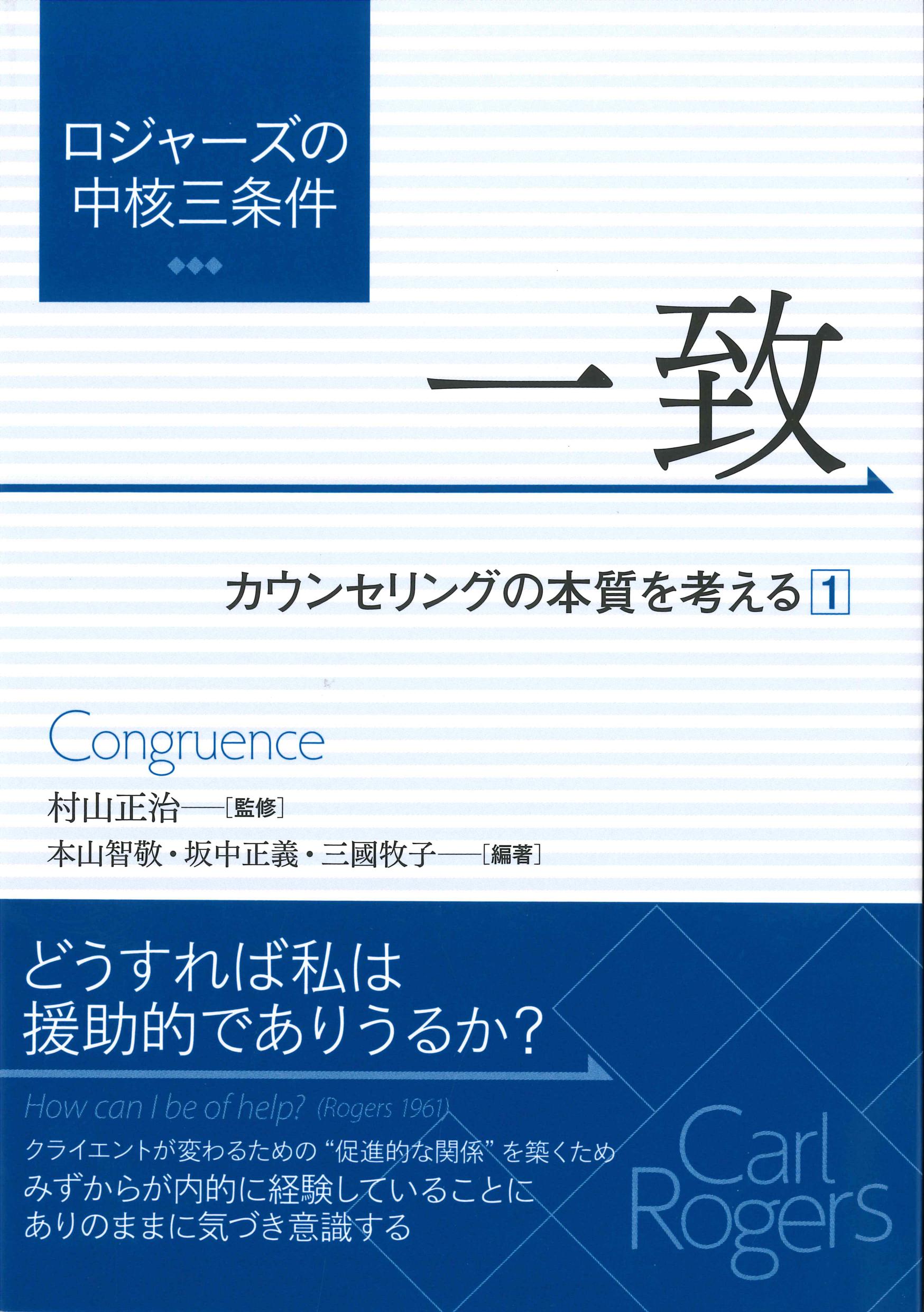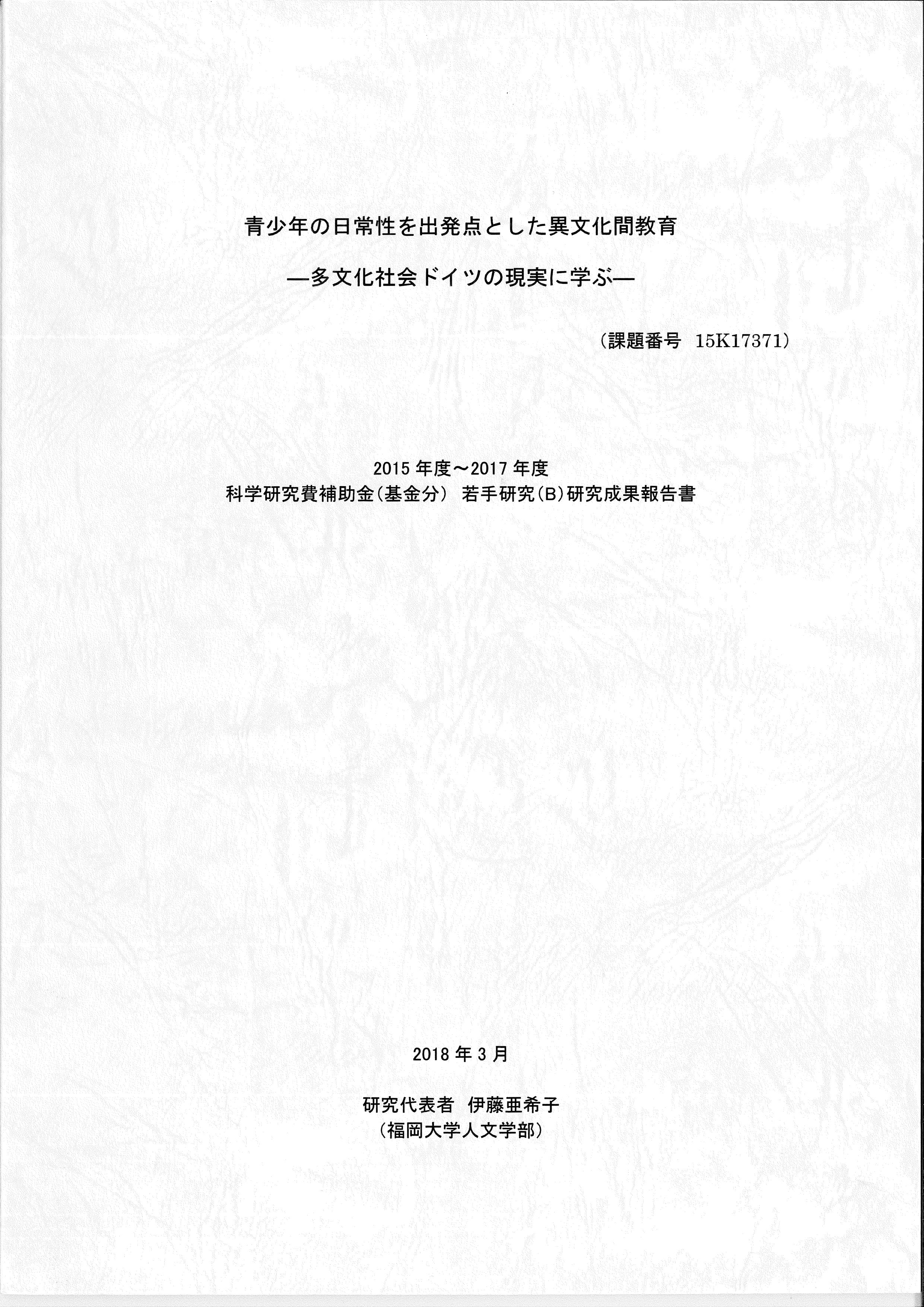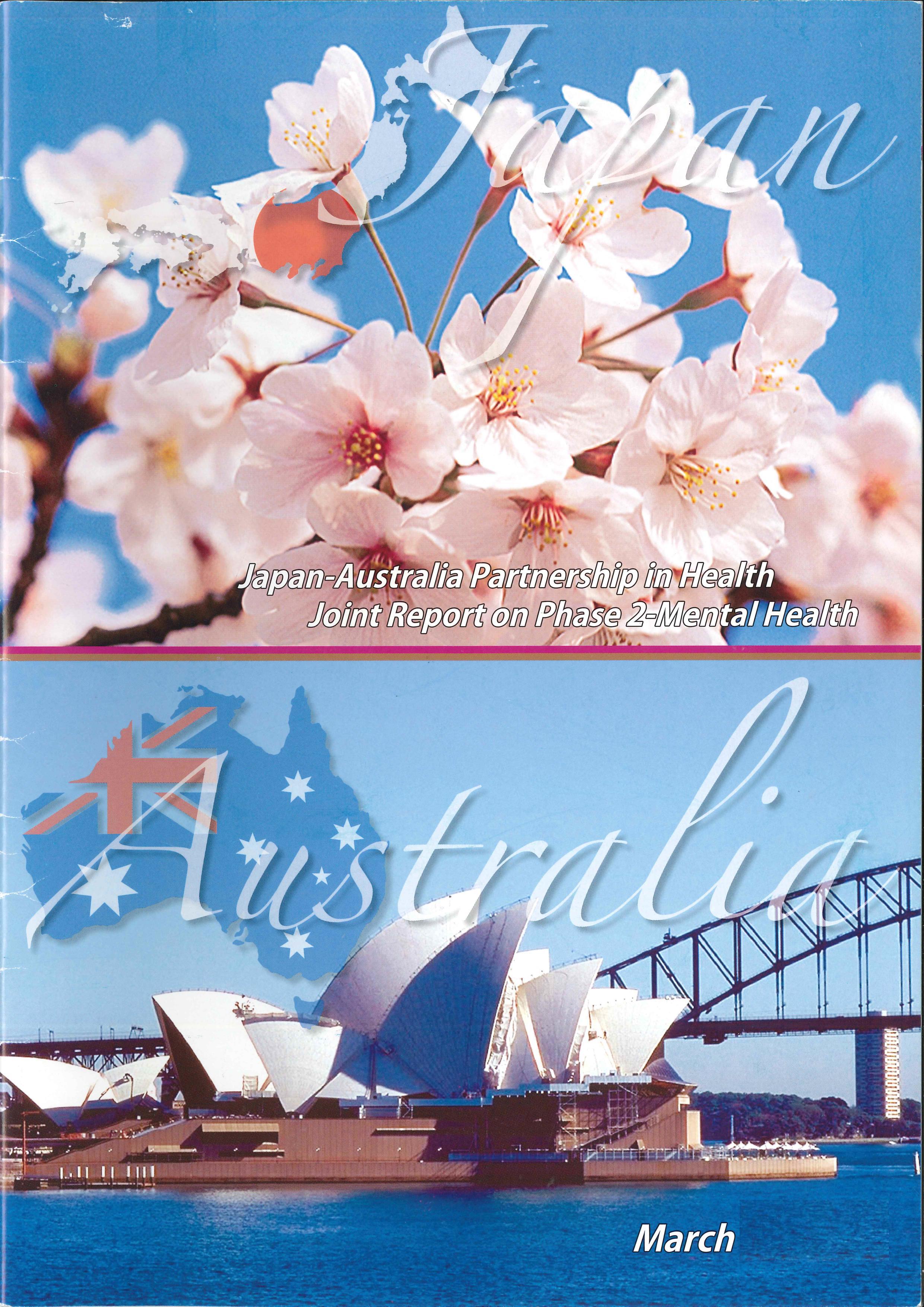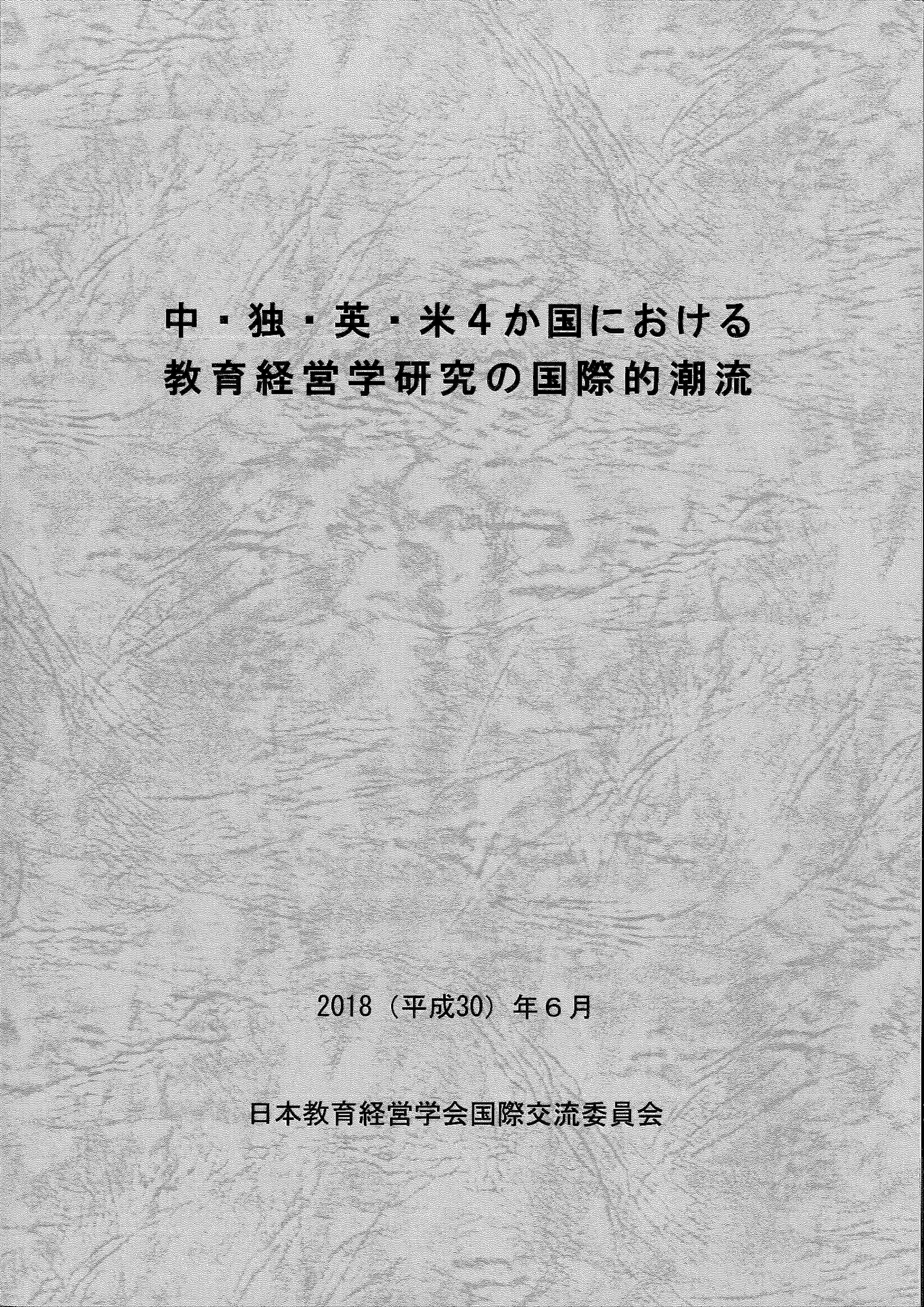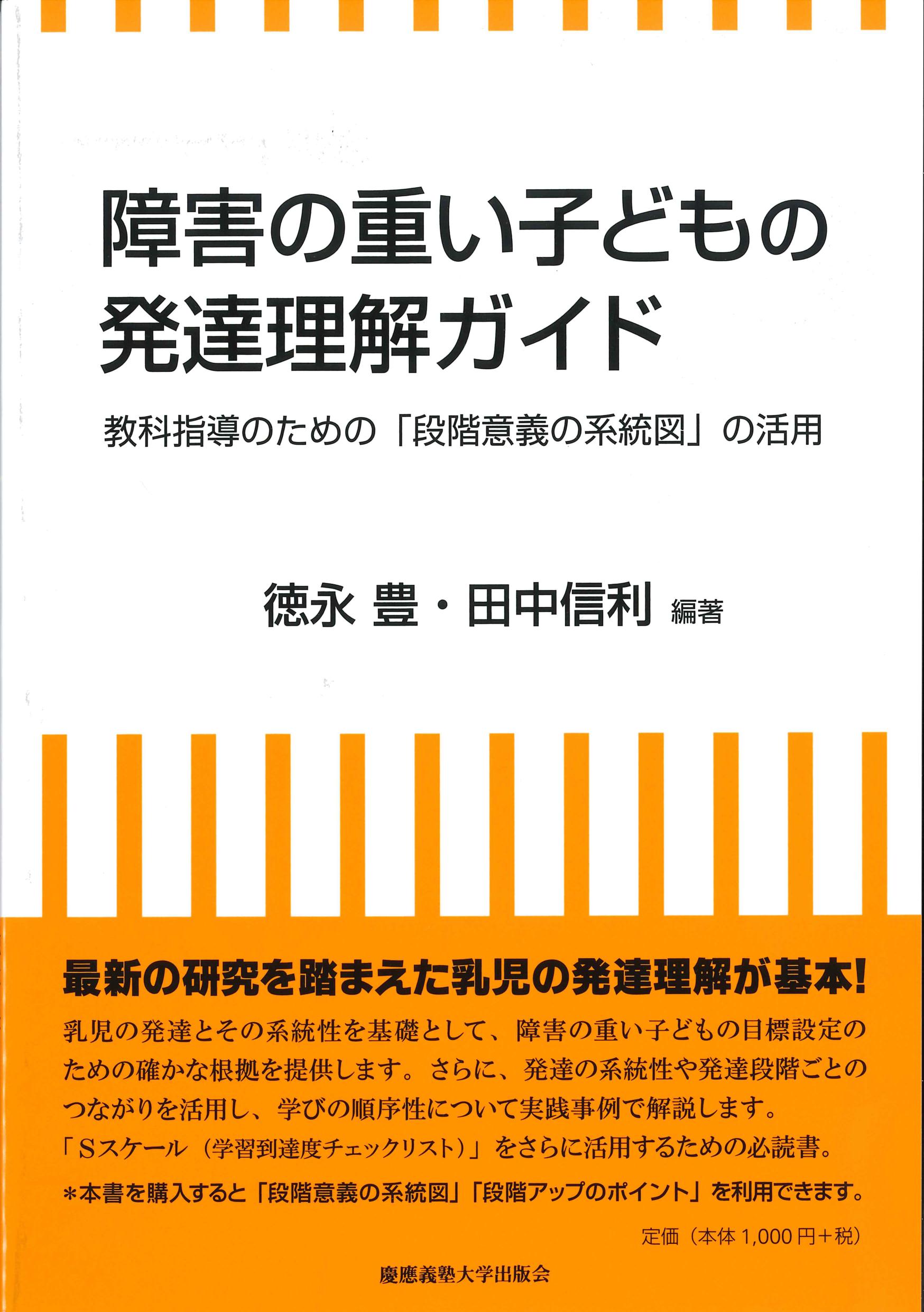Features of Education and Clinical Psychology Major
This evening graduate school, where you can learn while at the same time holding down a job, makes it its main goal to nurture highly skilled professionals and provide recurrent education for working adults. In the master's program, students will be divided into the field of “education” and “clinical psychology”, and they will develop abilities for research and practice in line with education and clinical psychology in real-life scenarios. The doctoral program is made up of two parts: educational practice and clinical psychology.
In the field of education (master's program), it is possible to obtain a specialized teacher license. In the case of established teachers in particular, licenses for kindergartens, elementary schools, junior high schools, and high schools that have already been acquired can be transferred to a specialized license.
In the Field of Clinical Psychology (First Semester), students will be qualified to sit the Certified Public Psychologist examination. The Center for Clinical Psychology has also been established as a research and practical training facility for this major subject. In addition, we provide internships and practical training in conjunction with hospitals and other institutions.
Curriculum
Master's Program
Elective Required Subjects
Please click on the tab of the field you want to view.
- Education
- Clinical Psychology
| Subjects | Number of Credits |
|---|---|
| Special Lecture in Educational AnthropologyⅠ | 2 credits |
| Special Lecture in Educational AnthropologyⅡ | 2 credits |
| Special Lecture in Career EducationⅠ | 2 credits |
| Special Lecture in Career EducationⅡ | 2 credits |
| Special Lecture in Social EducationⅠ | 2 credits |
| Special Lecture in Social EducationⅡ | 2 credits |
| Special Lecture in Philosophy of Moral EducationⅠ | 2 credits |
| Special Lecture in Philosophy of Moral EducationⅡ | 2 credits |
| Graduate Seminar in Educational AnthropologyI | 2 credits |
| Graduate Seminar in Educational AnthropologyⅡ | 2 credits |
| Graduate Seminar in Career EducationⅠ | 2 credits |
| Graduate Seminar in Career EducationⅡ | 2 credits |
| Graduate Seminar in Social EducationⅠ | 2 credits |
| Graduate Seminar in Social EducationⅡ | 2 credits |
| Graduate Seminar in Philosophy of Moral EducationⅠ | 2 credits |
| Graduate Seminar in Philosophy of Moral EducationⅡ | 2 credits |
| Graduate Seminar in Educational Theory of SystemⅠ | 2 credits |
| Graduate Seminar in Educational Theory of SystemⅡ | 2 credits |
| Special Lecture in Gender and EducationⅠ | 2 credits |
| Special Lecture in Gender and EducationⅡ | 2 credits |
| Special Lecture in Teacher EducationⅠ | 2 credits |
| Special Lecture in Teacher EducationⅡ | 2 credits |
| Special Lecture in Intercultural EducationⅠ | 2 credits |
| Special Lecture in Intercultural EducationⅡ | 2 credits |
| Special Lecture in Educational Theory of SystemⅠ | 2 credits |
| Special Lecture in Educational Theory of SystemⅡ | 2 credits |
| Graduate Seminar in Gender and EducationⅠ | 2 credits |
| Graduate Seminar in Gender and EducationⅡ | 2 credits |
| Graduate Seminar in Teacher EducationⅠ | 2 credits |
| Graduate Seminar in Teacher EducationⅡ | 2 credits |
| Graduate Seminar in Intercultural EducationⅠ | 2 credits |
| Graduate Seminar in Intercultural EducationⅡ | 2 credits |
| Subjects | Number of Credits |
|---|---|
| Special Lecture on Clinical PsychologyⅠ | 2 credits |
| Special Lecture on Clinical PsychologyⅡ | 2 credits |
| Advanced Practices in Clinical PsychologyⅠ | 2 credits |
| Advanced Practices in Clinical PsychologyⅡ | 2 credits |
Elective Subjects
| Subjects | Number of Credits |
|---|---|
| Special Lecture of Educational ResearchⅠ | 2 credits |
| Special Lecture of Educational ResearchⅡ | 2 credits |
| Special Lecture of Educational ResearchⅢ | 2 credits |
| Special Lecture in Educational Research Design and Statistics | 2 credits |
| Special Lecture in Counseling Theory of Education | 2 credits |
| Support Theory and Applications in Medical and Health Area | 2 credits |
| Support Theory and Applications in Social Welfare Area | 2 credits |
| Support Theory and Applications in Educational Area | 2 credits |
| Support Theory and Applications in Forensics and Criminology Area | 2 credits |
| Support Theory and Applications in Industry and Work Area | 2 credits |
| Theory and Practice of Psychological Assessment | 2 credits |
| Theory and Practice of Psychological Support | 2 credits |
| Support Theory and Practice for Family, Group, and Community | 2 credits |
| Theory and Practice for Mental Health Education | 2 credits |
| Advanced Practical Training in PsychologyⅠ | 2 credits |
| Advanced Practical Training in PsychologyⅡ | 2 credits |
| Advanced Practical Training in PsychologyⅢ | 2 credits |
| Advanced Practical Training in PsychologyⅣ | 2 credits |
| Advanced Practical Training in PsychologyⅤ | 2 credits |
Doctoral Program
Educational Practice
| Tutorial Academic Subjects | Number of Credits |
|---|---|
| Special Study of PedagogyⅠ | 4 or 12 credits |
| Special Study of PedagogyⅡ | 4 or 12 credits |
| Special Study of PedagogyⅢ | 4 or 12 credits |
| Special Study of PedagogyⅣ | 4 or 12 credits |
| Special Study of PedagogyⅤ | 4 or 12 credits |
| Special Research Lecture of PedagogyⅠ | 4 credits |
| Special Research Lecture of PedagogyⅡ | 4 credits |
| Special Research Lecture of PedagogyⅢ | 4 credits |
| Special Research Lecture of PedagogyⅣ | 4 credits |
| Special Research Lecture of PedagogyⅤ | 4 credits |
Clinical Psychology
| Tutorial Academic Subjects | Number of Credits |
|---|---|
| Special Research on Clinical PsychologyⅠ | 4 or 12 credits |
| Special Research on Clinical PsychologyⅡ | 4 or 12 credits |
| Special Research on Clinical PsychologyⅢ | 4 or 12 credits |
| Special Research on Clinical PsychologyⅣ | 4 or 12 credits |
| Special Studies on Clinical PsychologyⅠ | 4 credits |
| Special Studies on Clinical PsychologyⅡ | 4 credits |
| Special Studies on Clinical PsychologyⅢ | 4 credits |
| Special Studies on Clinical PsychologyⅣ | 4 credits |
Process of Acquiring a Master’s Degree or PhD
Master's Program
Requirements for Applying for a Master’s Degree
- Period of Enrollment
You must be enrolled in the master's program for more than 2 years. - Credit Requirements
A total of 32 credits or more must be obtained for a predetermined subject.
Process to Apply for a Degree
● Field of Education
-
Framework of Research Guidance
Under the guidance of a supervisor, conduct research toward obtaining a degree (Pedagogy). In addition to individual guidance from a supervisor, students receive guidance on their research themes from a more multifaceted and interdisciplinary perspective through master's thesis concept presentation attended by faculty staff in the field of education and current students. Students will acquire the qualities of a highly-skilled professional through various types of presentation, such as presentation at conferences, submission to academic journals, and submission to the Journal of the Graduate School. -
First year
April: Receive guidance on the research topic, research plan, and other matters related to the thesis preparation.
From May to March of the following year: Individual guidance from a supervisor. At the master's thesis concept presentation (October), students report on the progress of their research and receive guidance and advice from other faculty staff and graduate students. When research results above a certain level are obtained, they will be presented at conferences and submitted for publication to receive wide internal and external evaluation. -
Second year
April: Based on the progress of the first year, the research plan is reviewed as necessary.
From April to December: Students continue to receive individual guidance from their supervisors. At the master's thesis interim debriefing sessions (May and October), students present the progress and results of their research and receive guidance and advice from other faculty staff and graduate students to further advance their thesis work. When research results above a certain level are obtained, they will be presented at conferences and submitted for publication to receive wide internal and external evaluations.
October: Submit the thesis proposal.
From January to February: Submit the thesis. Take oral examinations and final examinations at the master's thesis presentation.
● Field of Clinical Psychology
-
Framework of Research Guidance
Under the guidance of a supervisor, conduct research toward obtaining a degree (Clinical Psychology). In addition to individual guidance from the supervisor, students receive guidance on their research themes from a more multifaceted and practical perspective through interim master's thesis presentations attended by faculty staff in the field of clinical psychology and current students. -
First year
April: Receive guidance from the assigned supervisor on the research topic, research plan, and other matters related to the thesis preparation.
From May to March of the following year: Individual guidance from the supervisor. Receive guidance and advice from other faculty staff and graduate students as appropriate to continue the research. At the master's thesis interim presentation (around June), students listen to presentations by second-year students and learn how to conduct research and make presentations. At the master's thesis presentation (January), students learn how to summarize and present their research. -
Second year
April: Based on the progress of the first year, the research plan is reviewed as necessary.
From April to July: Individual guidance from the supervisor. Receive evaluations, guidance and advice from other faculty staff and graduate students as appropriate to continue the research. At the master's thesis interim presentation (around June), the progress of the research will be presented and the process toward completion of the thesis will be confirmed.
From July to December: Proceed with the thesis writing with continued guidance.
October: Submit the thesis proposal.
From January to February: Submit the thesis. Take oral examinations and final examinations at the master's thesis presentation.
Doctoral Program
Requirements for Applying for a PhD
- Period of Enrollment
Those who have been enrolled in the doctoral program for more than 3 years, have earned the required credits, and have received the necessary research guidance.
Process to Apply for a Degree
● Field of Education
-
Framework of Research Guidance
Receive guidance on research activities from the research supervisor and continue working toward obtaining a degree (Pedagogy). Receive guidance on research topics from a more multifaceted and interdisciplinary perspective, not only through individual guidance from the supervisor, but also through internal research presentations attended by faculty staff in the education field and all enrolled students. Graduate students will develop their research activities, report the results of their research at academic conferences, submit papers to specialized academic journals, and experience rigorous peer review, while acquiring the ability to carry out their research activities independently. -
First year
April: Under the guidance of the supervisor, students work on setting up a research project, taking into consideration the originality and academic significance of the research. Conduct a close reading of previous studies, etc., formulate a research plan, and continue with the research.
From May to March of the following year: The doctoral thesis concept presentation will be held in May. Accumulate research results based on continuous and in-depth discussions with the research supervisor. In addition to individual guidance, students report on the progress of their research at internal research presentations attended by faculty staff in the field of education and all enrolled students, and receive guidance on their research topics from a more multifaceted and interdisciplinary perspective. Once coherent results are obtained, students will actively make presentations at academic conferences and submit papers to receive wide evaluations both inside and outside the university. A progress report meeting will be held in October. -
Second year
April: Based on the progress of the first-year research, the research plan is reviewed as necessary.
From April to March of the following year: The progress of the research is monitored at on-campus research presentations, etc., and in-depth discussions with the supervisor and points raised at on-campus research presentations, etc., are fed back to the research content. Continue to present research results by submitting them to conferences and academic journals. Research progress report meetings will be held in May and October.
-
Third year
From April to October: Further writing of the main body of the thesis while summarizing research achievements and results to date. When preparing the thesis, students receive specific guidance on content and structure from their supervisor. The interim report meeting of the doctoral thesis will be held in May.
October: Submit the thesis and request for dissertation review after approval from the research supervisor.
January: Doctoral degree application thesis presentation (public hearing) (final examination) will be held.
● Field of Clinical Psychology
-
Framework of Research Guidance
Receive guidance on research activities from the supervisor and continue working toward obtaining a degree (Clinical Psychology). Graduate students will conduct a series of research activities, report the results at academic conferences, submit papers to specialized journals, and experience rigorous peer review, thereby acquiring the ability to carry out research activities independently. -
First year
April: Under the guidance of the supervisor, students work on setting up a research project, taking into consideration the originality and academic significance of the research. Conduct a close reading of previous studies, etc., formulate a research plan, and continue with the research.
From May to March of the following year: Accumulate research results based on continuous and in-depth discussions with a supervisor. Once coherent results are obtained, students will actively make presentations at academic conferences and submit papers to receive wide evaluations both inside and outside the university. -
Second year
April: Based on the progress of the first-year research, the research plan is reviewed as necessary.
From April to March of the following year: Research is conducted under the guidance of a supervisor. Continue to present research results by presenting at conferences, submitting to academic journals, etc. -
Third year
From April to October: Further writing of the main body of the thesis while summarizing research achievements and results to date. When preparing the thesis, students receive specific guidance on content and structure from their supervisor. The interim report meeting of the doctoral thesis will be held in May.
October: Continue to summarize research achievements and results and prepare the thesis. Submit the thesis and request for dissertation review after approval from the research supervisor.
January: Doctoral degree application thesis presentation (public hearing) (final examination) will be held.
Related Links
There is a clinical psychological training facility for the field of clinical psychology.
See other majors
- History Master's Program and Doctoral Program
- Japanese Language and Literature Master's Program and Doctoral Program
- English Language and Literature Master's Program and Doctoral Program
- German Language and Literature Master's Program and Doctoral Program
- French Language and Literature Master's Program and Doctoral Program
- Socio-Cultural Studies Master’s Program

